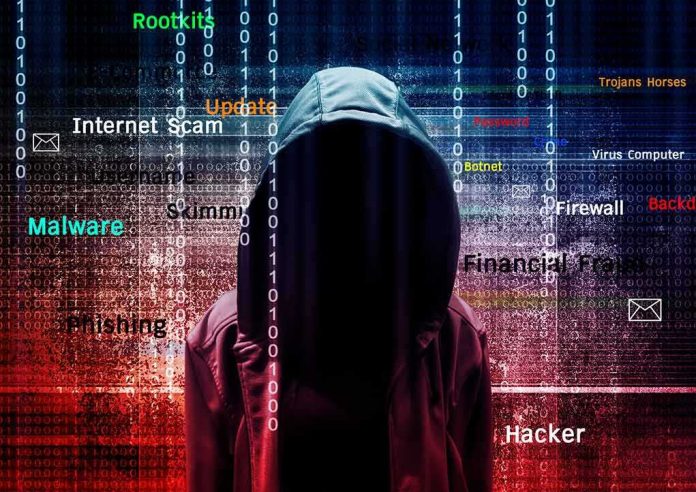
U.S. District Judge Ann Donnelly dealt a devastating blow to Chinese tech giant Huawei, ruling they must face criminal charges for stealing American technology secrets and conducting illegal business with Iran through an elaborate shell company scheme.
Key Takeaways
- Huawei faces multiple criminal charges including racketeering, trade secret theft from six companies, and bank fraud after Judge Ann Donnelly rejected their dismissal attempts
- The company allegedly used Skycom, a Hong Kong shell company, to conduct over $100 million in business with Iran, violating U.S. sanctions
- Huawei is accused of operating a long-term scheme to steal U.S. trade secrets to rapidly grow its business and gain competitive advantages
- The trial is scheduled for May 4, 2026, and represents a major enforcement action in President Trump’s ongoing efforts to combat Chinese technology theft
- Despite claiming to be “a prosecutorial target in search of a crime,” Huawei must now answer to 13 of the 16 original counts brought against them
Technology Theft and Sanctions Violations at the Core of Case
The federal indictment against Huawei Technologies details a systematic campaign of technology theft from six American companies, which prosecutors argue fueled Huawei’s rapid ascension in the global telecommunications market. Judge Donnelly’s ruling marks a significant victory for U.S. efforts to hold Chinese companies accountable for intellectual property theft that has cost American businesses billions of dollars. The ruling reflects the Trump administration’s ongoing commitment to protecting American innovation from foreign exploitation and comes after years of mounting evidence against the Chinese tech giant.
In addition to technology theft, the indictment focuses heavily on Huawei’s alleged Iran sanctions violations. The company is accused of secretly controlling Skycom, a Hong Kong-based entity that conducted business in Iran despite American prohibitions. According to court documents, Skycom processed more than $100 million in transactions through the U.S. financial system, deliberately concealing its connections to Huawei. Judge Donnelly noted that Skycom “operated as Huawei’s Iranian subsidiary and ultimately stood to benefit, in a roundabout way,” according to the South China Morning Post.
Racketeering and International Complications
The scope of the case extends beyond simple trade violations into racketeering territory, suggesting a coordinated criminal enterprise. The Justice Department’s 2019 indictment characterized Huawei’s actions as part of a broader conspiracy to deceive global financial institutions and the U.S. government. The company has pleaded not guilty to all charges and sought to dismiss 13 of the 16 counts against it. However, Judge Donnelly’s recent ruling ensures that Huawei must face virtually all charges, rejecting the company’s argument that the allegations were too vague or exceeded U.S. jurisdiction.
“A US judge has ruled that Huawei must face criminal charges related to technology theft, racketeering, and fraud,” stated US District Judge Ann Donnelly in her ruling.
The case has created international tensions, with Chinese officials accusing the United States of “economic bullying” and “oppressing Chinese companies” under the guise of national security concerns. These accusations reflect the broader trade and technology conflicts between the U.S. and China that have intensified under President Trump’s administration, which has consistently prioritized protecting American intellectual property and national security interests.
Broader Implications for U.S.-China Technology Competition
The Huawei case exemplifies the escalating technology rivalry between the United States and China. President Trump’s administration has implemented a comprehensive strategy to counter Chinese technology theft and protect critical American infrastructure. Beyond this specific criminal case, the U.S. has restricted Huawei’s access to American components and software and lobbied allies to exclude Huawei equipment from their 5G networks. These actions have significantly impacted Huawei’s global market position, forcing the company to pivot toward the Chinese domestic market and non-sanctioned technologies.
Huawei describes itself as “a prosecutorial target in search of a crime,” according to the South China Morning Post.
The scheduled May 2026 trial date suggests this case will remain a significant factor in U.S.-China relations for years to come. With the potential for a trial lasting several months and involving sensitive technology and intelligence information, the outcome could have far-reaching implications for how the United States deals with Chinese technology companies. President Trump’s administration continues to maintain that these enforcement actions are necessary to protect American innovation, national security, and ensure fair competition in global markets, rejecting Beijing’s claims of unfair targeting.



